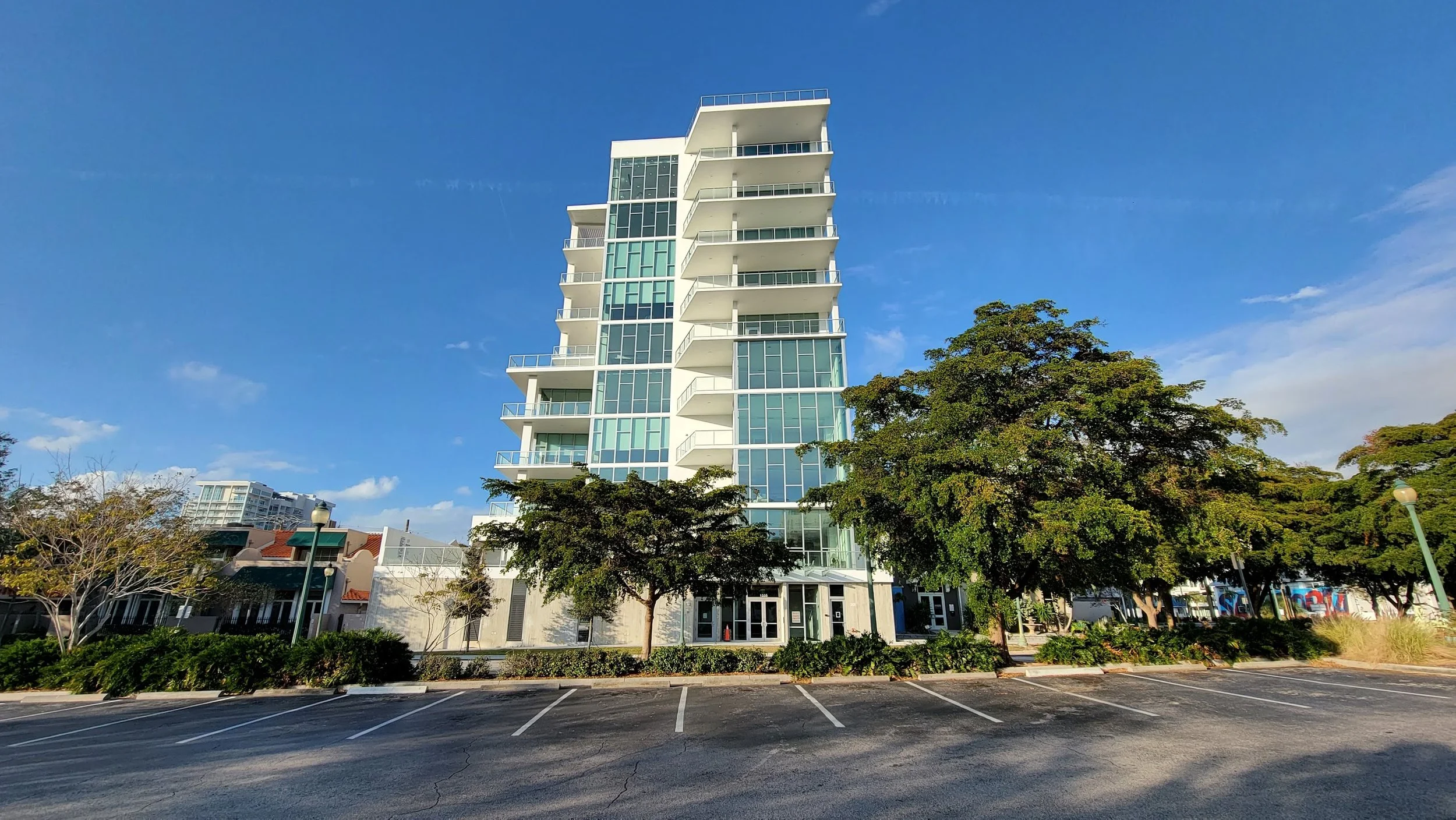Phoenix Legalizes Casitas, aka Accessory Dwelling Units
An accessory dwelling unit. (Source: Flickr/Sightline Institute.)
Add Phoenix, Arizona, to the list of cities embracing accessory dwelling units as a tool to tackle the housing crisis. Phoenix City Council voted earlier this month to approve new zoning rules to allow construction of what Arizonans call “casitas.”
The need is urgent. With a population of 1.64 million, Phoenix is currently the fifth-largest city in the U.S., and one of the fastest growing. This zoning reform is intended to spur development of incremental housing, and allow homeowners to reap more economic benefit from their properties.
The new regulations allow for structures up to 1,000 square feet and 15 feet tall. To discourage efforts to turn casitas into vacation rentals, leases are required to be at least 31 days in length.
New zoning definitions have also been added to distinguish casitas from other multi-family forms of housing such as duplexes (“a building on one lot, which houses exactly two dwelling units, neither of which may be considered an accessory dwelling unit”), and triplexes.
Phoenix Mayor Kate Gallego called the move a “simple and effective” way to add additional housing within city limits, furthering the goals of the city’s housing plan, which seeks to create or preserve 50,000 homes in Phoenix by 2030. Mayor Gallego added that she once lived in a backyard casita.
The Urban Phoenix Project, which advocated for the changes, notes that the revision actually amounts to “relegalizing” casitas, because the once-popular form had been restricted in the city by 20th-century zoning measures.
Arizona has also been in the news recently for an acute water shortage, prompting the state to impose restrictions on new residential construction in parts of the Phoenix area. Because casitas are usually added to existing lots, they’re considered a less resource-intensive form of development.
As for places that have enabled construction of ADUs in recent years, California is reporting a spike in construction permits, as is the city of Seattle, but Minneapolis/St. Paul has not experienced a building boom despite being one of the first metropolitan areas to legalize ADUs.





Ben Abramson is a Staff Writer at Strong Towns. In his career as a travel journalist with The Washington Post and USA TODAY, Ben has visited many destinations that show how Americans were once world-class at building appealing, prosperous places at a human scale. He has also seen the worst of the suburban development pattern, and joined Strong Towns because of its unique way of framing the problems we can all see and intuit, and focusing on local, achievable solutions. A native of Washington, DC, Ben lives in Venice, Florida; summers in Atlantic Canada; and loves hiking, biking, kayaking, and beachcombing.